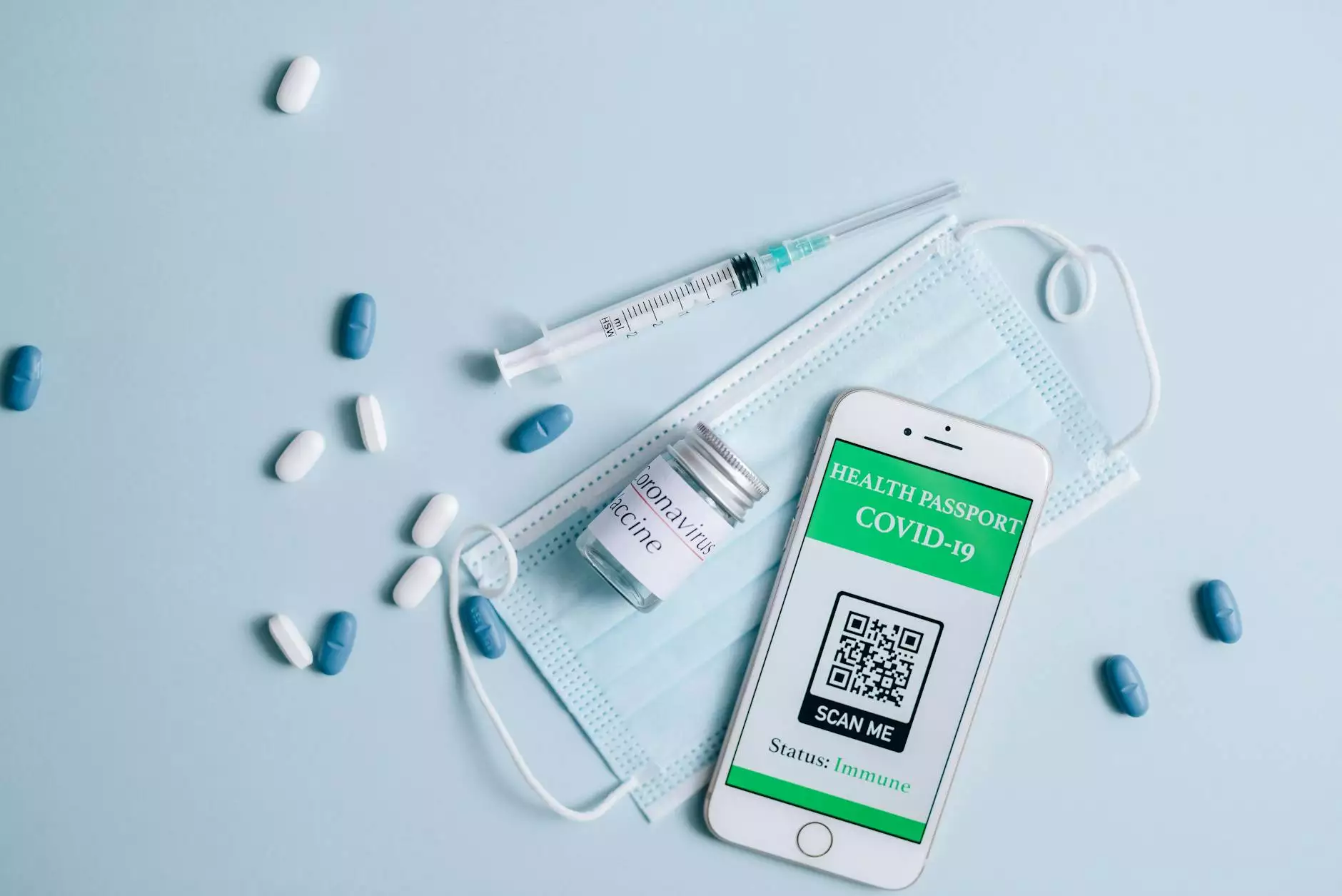Understanding Data Compliance Software: The Ultimate Guide for Businesses

In today’s digital landscape, businesses face an overwhelming amount of data. With the rise of information technology and data-driven decisions, the emphasis on data compliance software has never been greater. This guide aims to explore the crucial role that data compliance software plays in ensuring data security, fostering trust among clients, and maintaining compliance with legal regulations.
What is Data Compliance Software?
Data compliance software is an essential tool for businesses, acting as a safeguard for handling sensitive information within the framework of various laws and regulations. It routinely checks data practices and aligns them with standards such as the GDPR, HIPAA, and the CCPA. This ensures that personal data is managed correctly, reducing the risk of breaches and penalties.
Why is Data Compliance Software Important?
The significance of data compliance software cannot be overstated. Here’s why:
- Protects Sensitive Information: It helps in protecting sensitive consumer information from breaches and unauthorized access.
- Enhances Business Integrity: Implementing data compliance creates a trustworthy environment for clients and partners.
- Avoids Legal Penalties: It ensures that businesses adhere to applicable laws, thereby avoiding hefty fines and legal troubles.
- Streamlined Operations: Efficient management of data workflows often leads to more streamlined operations.
Key Features of Data Compliance Software
Data compliance software typically includes a variety of features designed to streamline compliance processes and safeguard data. Some of the key features include:
1. Automated Data Management
This feature automates the tracking and management of personal data across various platforms, ensuring that businesses stay compliant with minimal human intervention.
2. Risk Assessment Tools
Risk assessment tools within the software evaluate potential compliance risks associated with specific data sets, allowing businesses to mitigate risks proactively.
3. Reporting & Auditing Capabilities
Data compliance software often includes robust reporting and auditing functionalities to track compliance metrics and present findings to regulatory bodies when needed.
4. Training & Support
Many compliance solutions come equipped with training modules for employees, ensuring that everyone understands compliance issues and how to address them.
How Data Compliance Software Benefits Businesses
Implementing data compliance software provides numerous advantages to businesses:
- Improves Compliance Accuracy: Automation and ongoing monitoring facilitate accurate compliance with fewer errors.
- Increased Efficiency: Employees can focus on higher-level tasks while compliance software handles routine data checks.
- Enhances Customer Trust: Clients are more likely to engage with a business that takes data compliance seriously.
- Scalability: As businesses grow, their compliance needs become more complex. Compliance solutions can scale to meet evolving demands.
Choosing the Right Data Compliance Software
Selecting the right data compliance software for your business requires careful consideration. Here are some critical factors to evaluate:
1. Assess Your Business Needs
Understanding the specific compliance requirements for your industry will help you choose software that meets your expectations.
2. Evaluate Features and Capabilities
Look for software with features that align with your business objectives, such as automated reporting, risk assessments, and user training.
3. Check for Integration
Ensure that the software can seamlessly integrate with existing tools and systems to enhance functionality.
4. Review Vendor Reputation
Research vendor credibility, customer reviews, and service support history to select a reliable partner.
Case Studies: Success with Data Compliance Software
Many organizations have successfully implemented data compliance software, reaping tangible benefits:
Case Study 1: Healthcare Organization
A healthcare provider adopted data compliance software to ensure compliance with HIPAA regulations. By automating data management processes, they reduced the chances of human error and improved overall data protection. As a result, their compliance breaches declined by 80% within the first year.
Case Study 2: E-commerce Business
An e-commerce company faced challenges with GDPR compliance due to the large amount of personal data processed. After adopting advanced data compliance software, they automated data consent management and reporting. This improved their customer trust ratings and resulted in a 30% increase in sales.
Conclusion: The Future of Business with Data Compliance Software
As we move deeper into the digital age, the importance of data compliance software will continue to grow. Data compliance software not only mitigates risks but also provides a competitive edge in today’s market. By investing in compliance solutions, businesses can enhance their efficiency, protect sensitive information, and foster trust among customers. The proactive approach to data compliance is not just a necessity; it is a strategic advantage.
For businesses like Data Sentinel, understanding and implementing effective data compliance solutions is essential for navigating the complex landscape of IT services and data recovery. By prioritizing compliance, organizations can thrive in an ever-evolving environment, leading the way toward a future that values data security, privacy and trust.



